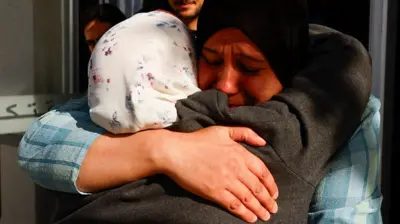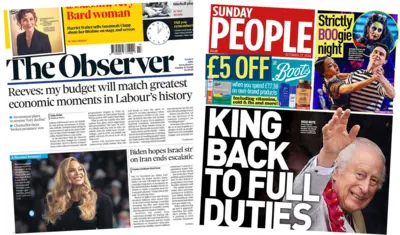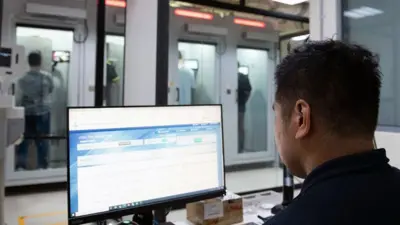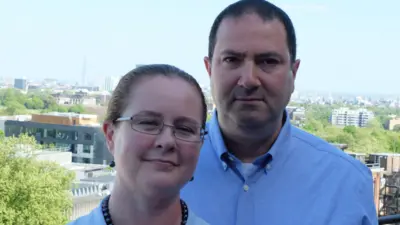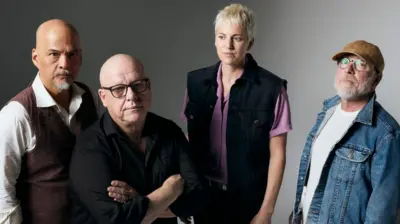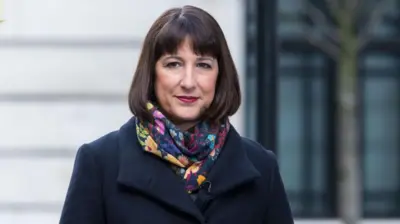We've updated our Privacy and Cookies Policy
We've made some important changes to our Privacy and Cookies Policy and we want you to know what this means for you and your data.
Parliament: Three deputy Speakers elected by MPs
Three deputy Speakers have been elected by MPs to keep order in the Commons.
Conservative MP Dame Eleanor Laing, who was one of John Bercow's deputies in the last Parliament, will take on the role of principal deputy Speaker.
As chair of Ways and Means, she will preside over March's Budget statement, one of the biggest events of the year.
The two other spots have been filled by Tory MP Nigel Evans and Labour's Dame Rosie Winterton, both of whom have served as deputies in the past.
Mr Evans quit as a deputy Speaker in 2013 after he was charged with rape and sexual assault offences. He was cleared of all the charges following a trial in 2014.
The trio will work alongside Speaker of the Commons Sir Lindsay Hoyle, who was re-elected in December after the general election.
MPs voted for their favoured candidates earlier on Wednesday. Two Conservative MPs - Robert Goodwill and Sir David Amess - were unsuccessful.
The rules of the contest meant there had to be one deputy from the Speaker's side of the House - Sir Lindsay was a Labour MP - and two from the government benches, with one of them becoming his principal deputy.
This means the parties lose the same number of votes, as the Speaker and his deputies do not take part and do not get involved in party matters.
As Dame Rosie was unopposed, she took the Labour spot - also fulfilling the need to have at least one woman across the four roles of Speaker and deputies.
What does a deputy do?
The principal deputy has the responsibility of taking the chair when the Speaker cannot.
The role was created in the middle of the 19th Century to come up with a permanent solution to cover any absences of the Speaker.
However, to hold the post an individual also had to be the chairman of the Ways and Means Committee.
This job dates back to the 17th Century when the Speaker was seen by Parliament as the King's spy, so MPs wanted one of their own to oversee financial matters. As a result, they created the Committee for Ways and Means to propose tax raising plans, overseen by its chair.
The committee was scrapped in 1967 and these functions moved to the chancellor and the Treasury, but the post remained and it is still custom for the chair of Ways and Means to preside over the Budget debate in the Commons.
Other newer tasks for the chair include supervising arrangements for sittings in Westminster Hall - where e-petitions are often debated - general oversight of private bills, and the responsibility for the work of general committees.
Top Stories
More to explore
Most read
Content is not available
